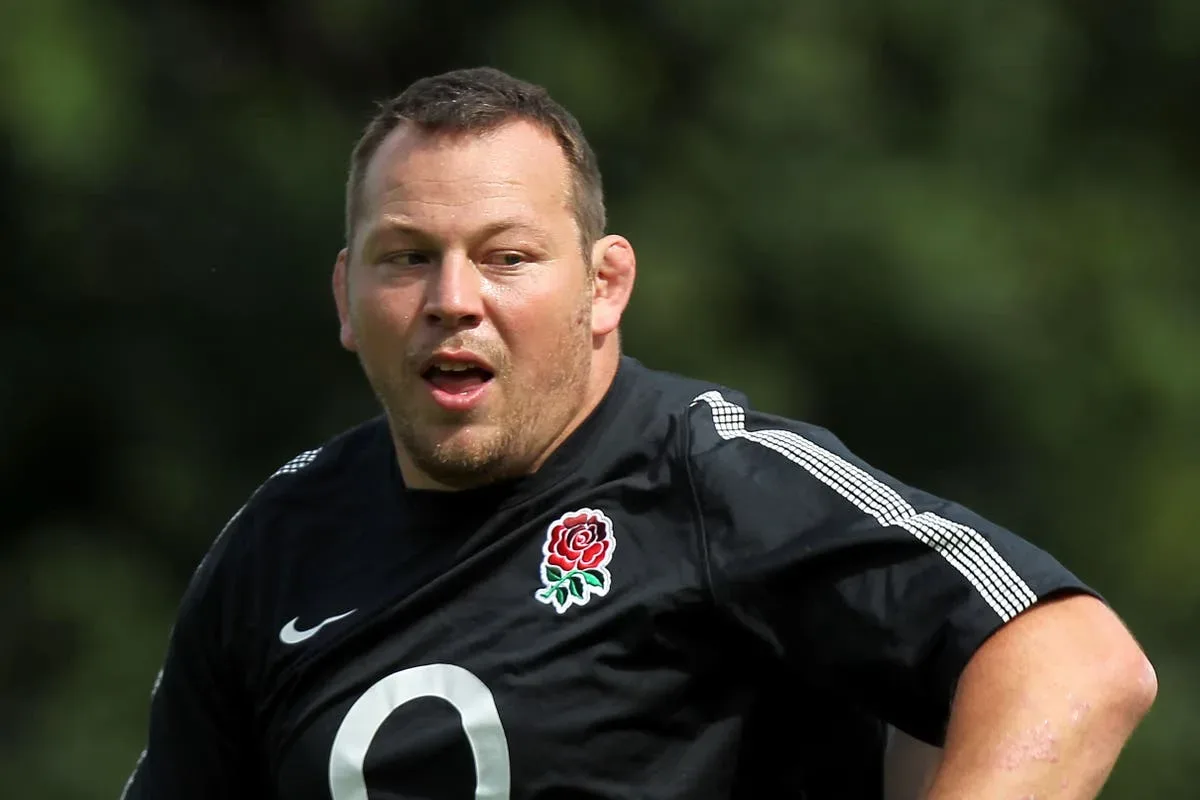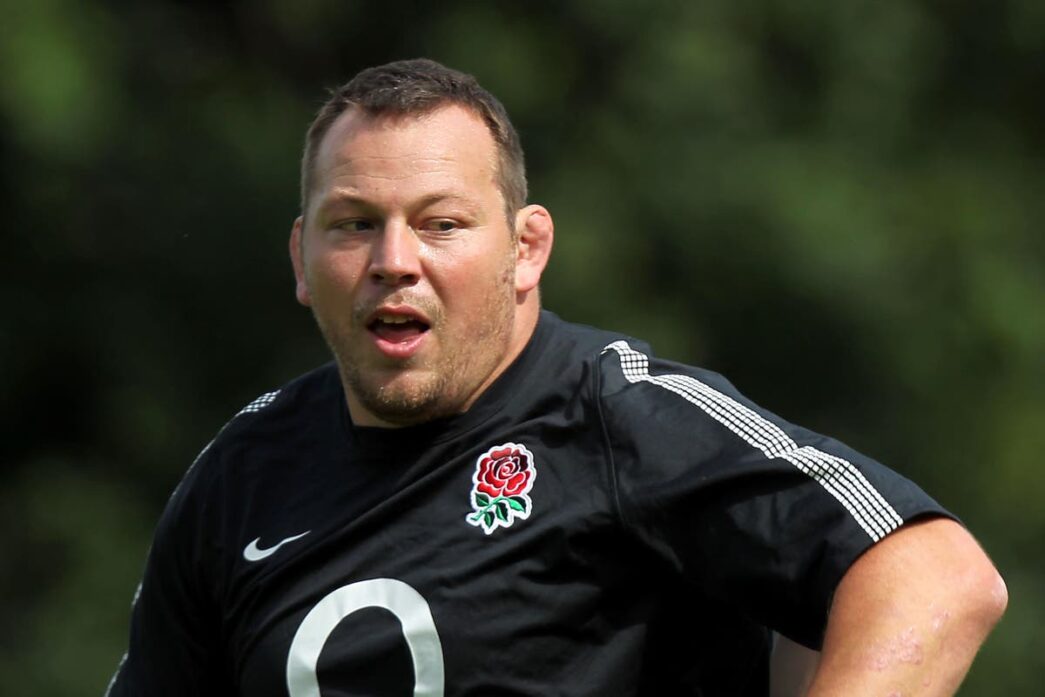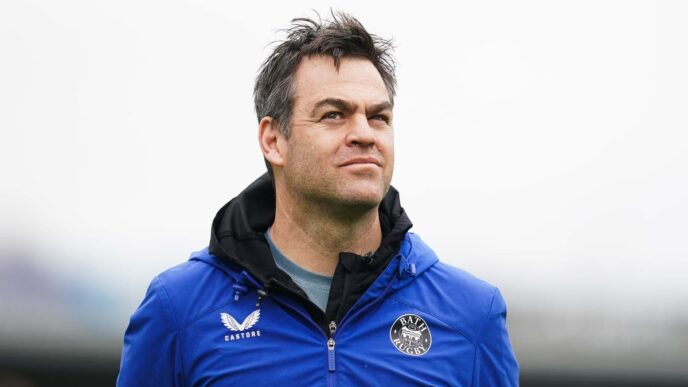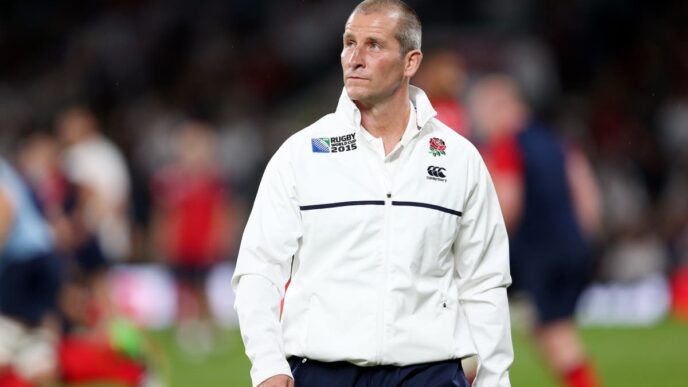Retired England Rugby World Cup Winner Raises Concerns over Player Welfare and Proposed Club World Cup
Former England rugby player and 2003 World Cup champion, Steve Thompson, has expressed concerns about the sport’s toll on player welfare, particularly in light of plans to introduce a new Club World Cup tournament in 2028.
Thompson, who was diagnosed with early-onset dementia in 2020, has been vocal about the long-term consequences of brain injuries sustained during his playing career. The 45-year-old former front-row has joined a legal claim against World Rugby, the Rugby Football Union, and other governing bodies, alleging they failed to protect players from the risks of concussions and head trauma.
“Rugby is not a safe sport, and more needs to be done to safeguard player welfare.”
- Steve Thompson
In a recent appearance on Good Morning Britain, Thompson stated that rugby is “not a safe sport” and that more needs to be done to safeguard player welfare. He believes the sport is “flogging the players until they literally fall apart,” pointing to the non-stop nature of the rugby calendar, which lacks the extended rest periods seen in sports like American football.
The proposed Club World Cup, set to be played every four years starting in 2028, has added to Thompson’s concerns. He argues that the additional tournament will further burden players, who will be required to compete year-round without sufficient recovery time.
World Rugby maintains that player welfare “is and will continue to be rugby’s top priority.” The governing body has noted that the next global calendar, due to begin in 2026, will include mandatory breaks for players between tournaments.
Additionally, England’s players have been using smart mouthguards during the recently concluded Six Nations tournament, which are designed to detect heavy collisions and possible concussions, providing another tool to support the drive for improved player welfare, particularly in relation to brain injuries.
Thompson’s comments underscore the growing concerns within the rugby community regarding the sport’s intense schedule and the long-term consequences of repeated head trauma. As the sport’s governing bodies consider the introduction of a new Club World Cup, the need to prioritize player wellbeing and find a sustainable balance in the rugby calendar remains a pressing issue.
🔗 Source













